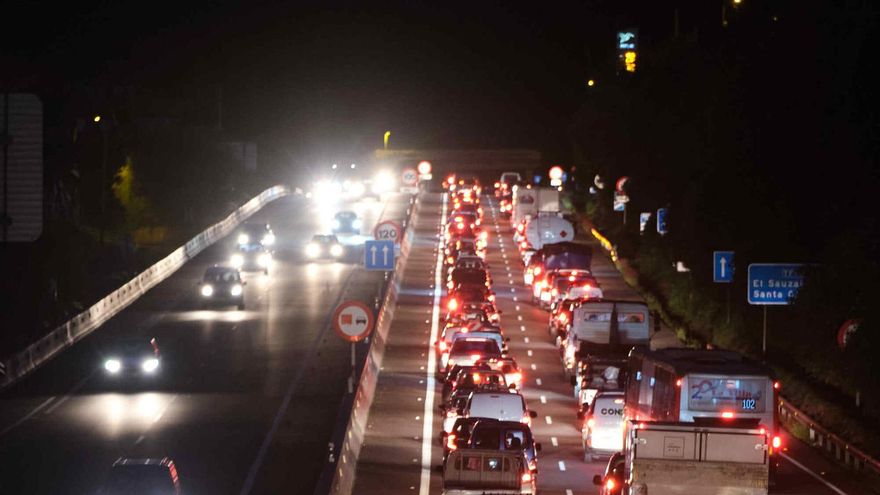
Mobility and Housing are significant obstacles to advancement on the island. According to feedback from Tenerife, the evident shortcomings in both domains are at the forefront. This observation is evidently supported by the complaints lodged last year with the Office of the Deputy of the Common, presided over by Padrón Dolores. In total, there were 1,585 complaints, amounting to 49% of all submissions in the Canary Islands, in contrast to 1,331 in 2023, representing a 19% year-on-year increase. Among these, 31 complaints, or 1.4%, were directed explicitly to the Cabildo of the island.
Accessibility
Concerns regarding transport, particularly Metranertife, the tram, highlight issues related to the rights of individuals with functional diversity. There are significant accessibility challenges in specific segments, which necessitated the initiation of an official investigation currently underway, aimed at understanding the grievances, the affected segments, and the corrective measures implemented.
Housing
The grievances recorded in this sector reflect the social challenges faced by those most reliant on social protection. These issues manifest in various ways, such as barriers to accessing protected housing due to a lack of public resources, eviction procedures (23 across the Canary Islands, constituting 13% of the total, with ten incidences in Tenerife), and a lack of emergency accommodation resources. Complaints concerning the demand for protected housing (35) and eviction situations (23) represent a total of 58 out of the 177 new complaints in this sector for 2024, equating to 32.77% of the total. The remaining significant portion of complaints comprises individual (51) and collective (2) grievances, asserting that the conditions imposed by Visocan rental agreements are untenable for families renting (29.94%). Additionally, dissatisfaction with rental assistance for housing has emerged as a frequently reported issue, with 21 complaints this year, making up 11.86%.
Mobility
The challenges related to Canarian resident bonds for public transport (especially on Titsa buses) were highlighted by numerous foreign residents in Tenerife. They reported that they did not meet the eligibility criteria for the issuance of the bonds. The institution recommended modifying these criteria across various modalities to ensure that all residents, irrespective of their administrative status, could access free transport on equal terms. This proposal was communicated to the Cabildo, and this year, a response was received indicating changes to the eligibility requirements and features of the titles.
TF-5
The issue with terrestrial transport on the island, particularly concerning the TF-5 highway, is straightforward: a vast number of vehicles—many occupied by a single person—cannot simultaneously travel along the limited road infrastructure. This creates a bottleneck effect, resulting in congestion throughout the route, especially in high-traffic areas such as the Padre Anchieta sections (107,825), Fire Park (106,102), and Airport City of La Laguna (107,477), based on Cabildo data. A specific complaint was made regarding the closure of exit 14 (Guamasa) during a ten-day pilot trial.
Tram
The trams navigating a new extension of line 2 on Los Majuelos Avenue have also drawn complaints, specifically related to the documented project.
Older Citizens
The complaints received predominantly pertain to the malfunctioning of the social-healthcare centres, the substandard service provided therein, limitations on family visitations, and inadequacies in the home assistance service.
Noise
The common deputy perceives a certain sense of “indecision” regarding the initiation of sanctioning procedures or the implementation of precautionary measures targeting NOISE GENERATING COMMERCIAL ACTIVITIES. The majority of these types of complaints arise in Tenerife, particularly in the capital municipality as well as in the northern and southern regions.
















